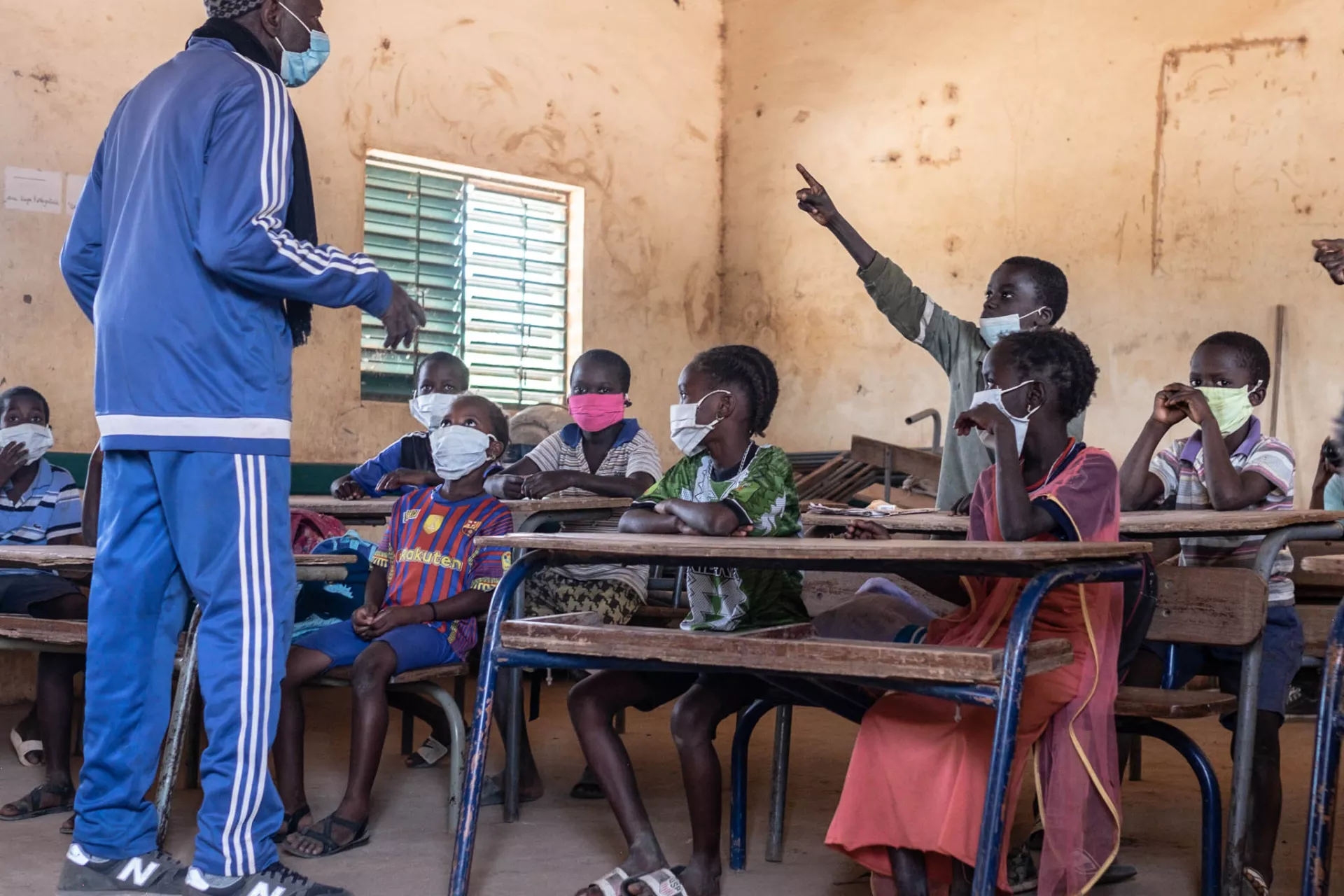
Senegal has taken a decisive step to curb distractions in classrooms by banning the use of mobile phones in both public and private schools, while simultaneously launching a major program to train 105,000 teachers in artificial intelligence (AI).
The Ministry of National Education announced the measure on Sunday, September 21, stating that the prohibition aims to safeguard student concentration, discipline, and overall development.
“Prolonged and unregulated use of screens disrupts learning and can lead to harmful effects, including decreased attention and social isolation,” said Minister Moustapha Mamba Guirassy.
The ban, now formally enforced, does not extend to digital tools used for educational purposes, such as tablets or computers, which remain under teacher supervision.
This policy comes just days after the launch of a nationwide continuing education initiative for teachers on the responsible integration of AI in classrooms.
The project, part of the Digital Strategy for Education 2025–2029, is being implemented in partnership with Cheikh Hamidou Kane University through Force-N. Minister Guirassy emphasized that the training includes modules on the ethical and effective use of AI, aiming to enhance teaching practices and promote pedagogical innovation.
In addition to teacher training, the ministry plans to distribute 5,000 laptops to students in the first and final years of secondary school (S1 and S3) to support science education and foster digital literacy. A National Charter of Ethics for AI in Education will also be adopted to ensure that emerging technologies serve the republican and humanist values of Senegalese schools.
“This dual approach balances discipline and innovation,” said Minister Guirassy. “By restricting mobile phones while equipping both teachers and students with modern digital tools, we aim to create an environment where learning thrives and technology supports, rather than hinders, education.”
The move signals Senegal’s commitment to integrating digital innovation into education while addressing the challenges of modern classroom management, setting a precedent for schools across the region.



